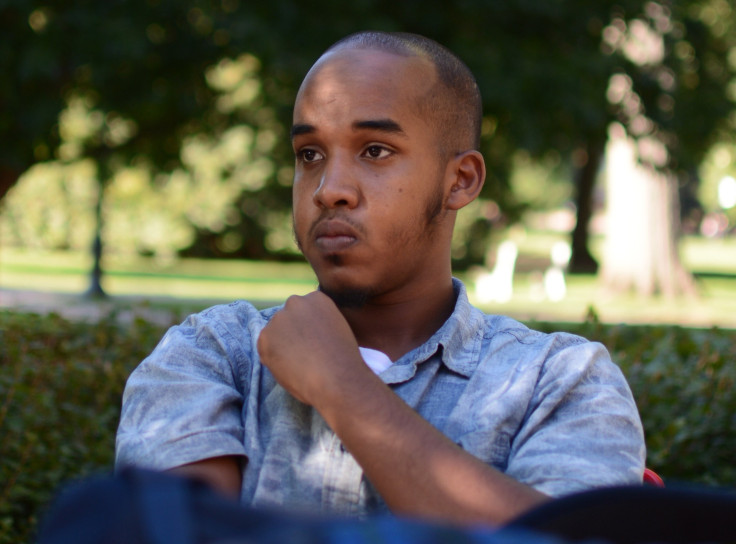Terrorism By Religion: Muslim Terrorists In San Bernardino, Ohio Not The Norm

Days before the first anniversary of a mass shooting in San Bernardino, California, an attack at Ohio State University this week once again led to Muslims being cast into an uncomfortable spotlight. Yet, while terrorist attacks carried out by Muslim extremists are on the rise in the Western world, statistics continue to show that assaults motivated by other causes also remain a threat.
In San Bernardino a year ago on Friday, 14 people were killed and 22 seriously injured at the hands of attackers in investigators say were inspired by the Islamic State group. This week, a Somali refugee drove his car into a sidewalk full of pedestrians at Ohio State before stabbing people with a butcher knife, leaving 11 injured. Immediately, the nation’s largest Muslim civil rights and advocacy group, the Council on American-Islamic Relations (CAIR) denounced the attack. President-elect Donald Trump, meanwhile, quickly attempted to use the incident to defend his proposals for stricter checks on refugees and even a ban on all Muslims entering the United States.
“ISIS is taking credit for the terrible stabbing attack at Ohio State University by a Somali refugee who should not have been in our country,” Trump tweeted this week, receiving more than 100,000 Likes.
The facts, however, paint a more nuanced picture about the nature of terror threats. Between 1980 and 2005, only six percent of terrorist attacks in the U.S. were committed by Muslim extremists, according to FBI data. In the years since the Sept. 11, 2001, terrorist attacks, more lethal attacks have been carried out by non-Muslim extremists than Islamic militants, according to a report from New America, a Washington Research Center. Many more were carried out by those motivated by extreme right-wing causes.
In terms of the greatest number of victims, attacks carried out by those professing an extreme Islamic ideology now top those perpetrated by right-wing terrorists. A mass shooting at an Orlando nightclub earlier this year that left 49 people dead helped fuel that trend.
In Europe, there have also been a recent spate of high-profile terror attacks, notably in France, where 137 people were killed in a series of assaults in Paris in November 2015, coordinated by ISIS. Yet between 2009 and 2013, less than two percent of all terrorist attacks in European Union countries were religiously motivated, according to data from Europol. Instead, the vast majority were perpetrated by separatist organizations.
Sparked by conflicts in Iraq and Syria, those numbers are on the rise. Europol data for 2015 shows that Jihadist terrorists were responsible for 17 of the 211 terrorist attacks in EU-member nations. Still, that represents only eight percent of all terrorist attacks and is far less than the 65 carried out by separatists.
© Copyright IBTimes 2024. All rights reserved.





















